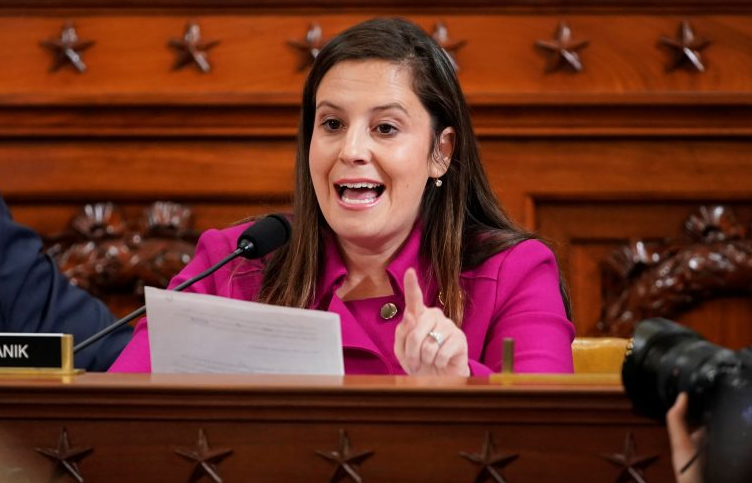After a three-day intensive search, Arizona law enforcement successfully apprehended Robert Lee Syvrud, a 66-year-old convicted sex offender who had reportedly issued assassination threats against former President Donald Trump. Syvrud’s arrest occurred while Trump was in Arizona addressing border security concerns, alongside Sheriff Mark Dannels. The arrest underscores the coordinated efforts of law enforcement agencies to mitigate potential threats against high-profile figures.
Arrest Details and Context
Syvrud was detained during a traffic stop around 2:30 p.m. on Thursday in Cochise County, near the location where Trump and Sheriff Dannels were discussing border issues. Given the nature of the threats and Trump’s presence in the state, the Sheriff’s office prioritized Syvrud’s apprehension to ensure the former president’s safety.
This heightened security response was prompted by a recent assassination attempt against Trump during a political rally just a month prior. Consequently, when authorities issued wanted posters for Syvrud following his alarming online posts on Tuesday and Wednesday, there was immediate concern over his intentions.
Background on Syvrud’s Threats and Criminal History
Syvrud’s threats were particularly concerning due to his explicit intentions to target a prominent presidential candidate. Further investigation into his background revealed multiple outstanding warrants. These included charges for driving under the influence in Wisconsin, involvement in a hit-and-run incident in Arizona, and failure to register as a sex offender—a legal requirement that Arizona enforces strictly.
The Sheriff’s office reported that the investigation took a significant turn on Thursday when they received crucial intelligence pinpointing Syvrud’s possible location in the St. David area. Once this lead was confirmed, multiple law enforcement units were dispatched to the location.
The Arrest Operation
The units observed Syvrud leaving the identified area around 2:16 p.m. and quickly executed a felony stop, resulting in his arrest by 2:30 p.m. The operation was completed without any resistance, demonstrating the professionalism and efficiency of the law enforcement teams involved.
Following his arrest, Syvrud was booked on charges of failing to register as a sex offender and for issuing assassination threats against Trump. Details regarding the sexual misconduct that led to his initial conviction were not immediately available.
Ongoing Security Concerns
At the time of Syvrud’s arrest, Trump was in Sierra Vista, Arizona, discussing stricter penalties for unauthorized immigration. His presence in the state coincided with a recent visit from Sen. JD Vance, who was also touring the border area. Given the proximity to the border and Syvrud’s criminal background, local law enforcement initiated a manhunt on Wednesday, prioritizing his capture due to the potential threat he posed and the already tense conditions at the border.
This incident highlights the ongoing security challenges faced by public figures like Trump. It also brings attention to the critical need for vigilant monitoring and updated criminal records to prevent individuals with a history of violent or dangerous behavior from evading law enforcement.
Broader Implications
The swift action taken by Arizona law enforcement underscores the importance of a coordinated response to threats against public figures, regardless of political affiliation. It also serves as a stark reminder of the persistent dangers faced by those in the public eye and the continuous efforts required to ensure their safety.
This event is another chapter in the broader narrative of threats against political figures, illustrating the necessity of impartial law enforcement and the safeguarding of societal security, beyond party lines and political ideologies.
Approximately one month prior to Syvrud’s threats, Trump narrowly escaped an assassination attempt during a public rally in Butler, Pennsylvania. Such incidents have undeniably shifted the security dynamics surrounding the former president.
As we navigate a complex socio-political landscape, it is crucial to deepen our understanding of the motivations behind such threats. By doing so, we can develop more effective preventive measures to protect high-profile individuals and uphold the democratic institutions that are fundamental to our society.






